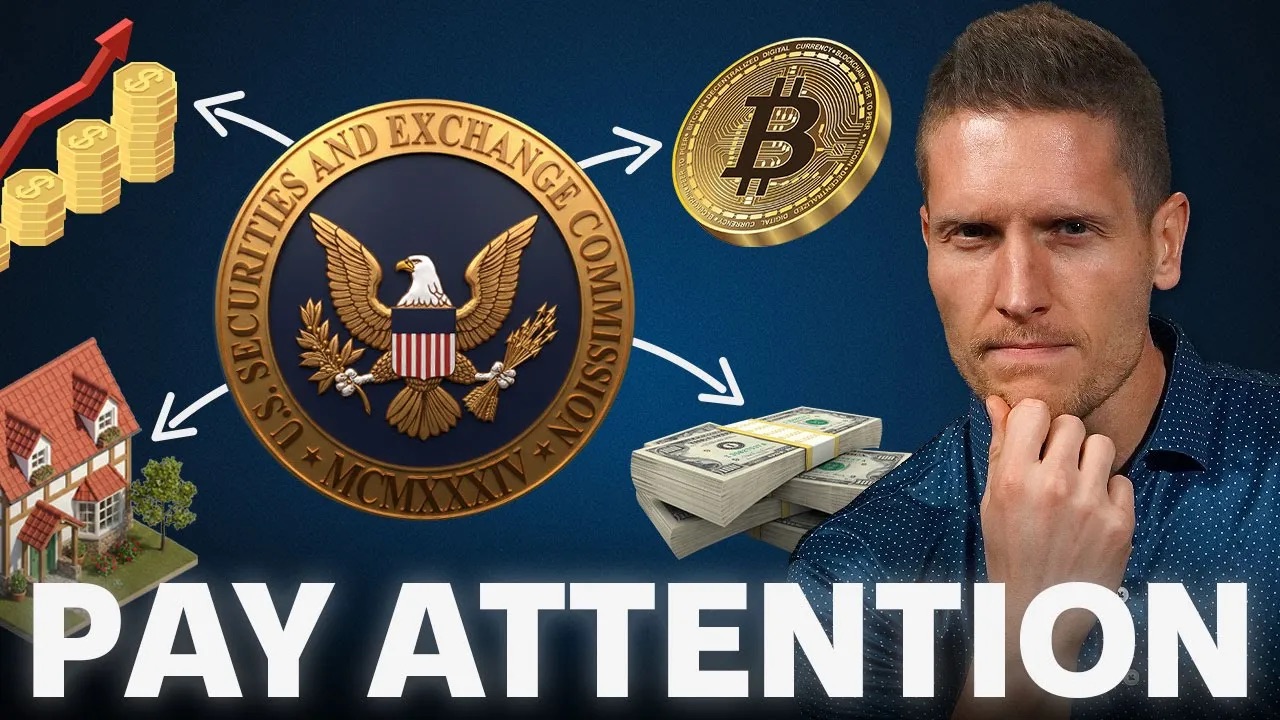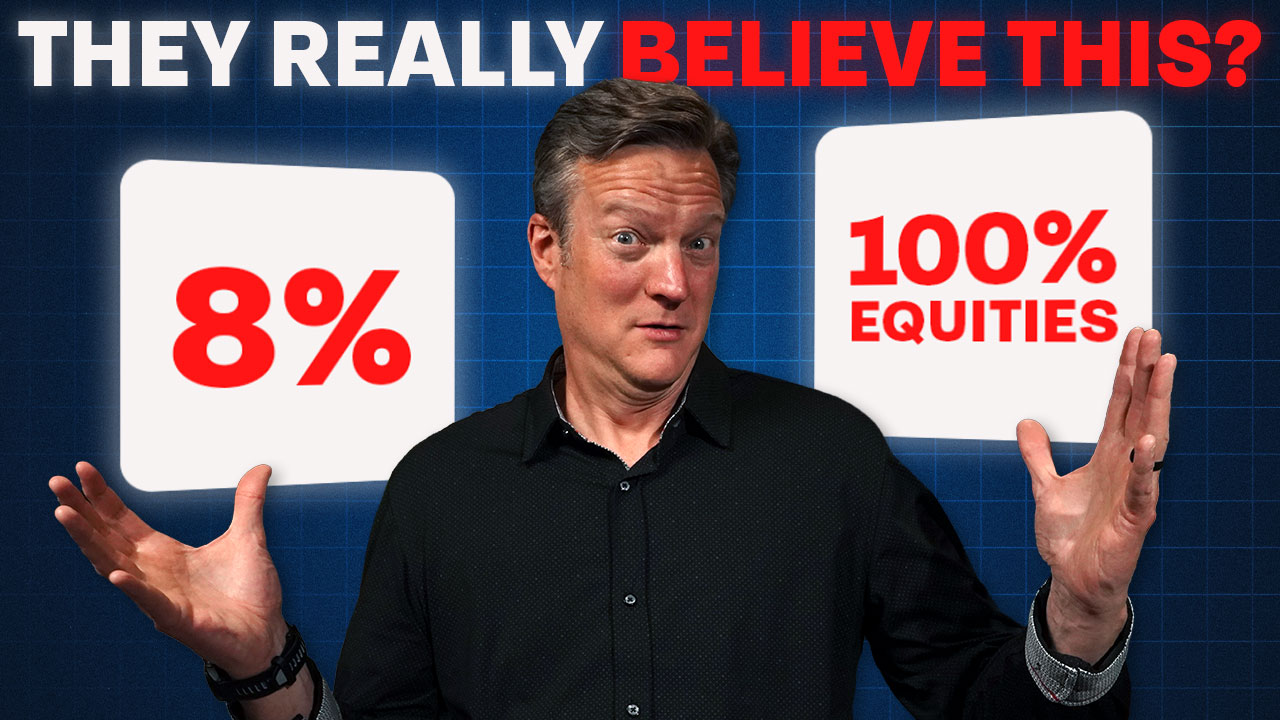Alright, we’re going to move on to Spencer’s question next. He says, “What exactly is required for you to get comfortable with someone backing down their savings rate below 20%? Do I wait until a certain age? Do I do the ‘Know Your Number’ course? Do I do a Monte Carlo or other type of scenario analysis? What else, like, do you ever back down? What does that look like?”
Yeah, so this, I’ve thought a lot about this question ’cause we’re starting to get it more and more and more and more because we talk about the ‘take the foot off the gas’ sort of idea. And my immediate visceral response was, “Okay, what’s required?” Well, what’s required is you need to know your number. You need to know your number so that you know what Finish Line you’re actually moving towards. We have a whole course built around this, a whole tool you can use to learn at moneyguu.vn. A 20-year-old fresh out of school came out and they said, “Hey, I want to figure out my number.” And they did the math to figure out their number. Based on what their assumptions are at 22, they only have to save 8% of their income to be able to hit their number by the time they get to 65. Is knowing my number enough? And I don’t think that’s it. I think it’s some combination between knowing your number and having enough road behind you to have a high level of confidence that you will actually be able to hit the number based on your current trajectory.
Well, to know your trajectory, if you think about any sort of moving object, an object sitting still, you cannot know the trajectory. You have to see the past path on which an object has moved to be able to determine the trajectory it is going to move on moving forward. So you need enough time behind you to make sure that it seems reasonably and highly likely that you will continue to move in that direction. So what’s required for me to take my foot off the pedal? What’s required for me to be able to back down my savings rate? You have to know your number and then you have to know, with a high probability of success, that you’re actually on track to be able to realistically hit that number on the timeline.
I’ll say this: the way I always thought it was interesting when I’ve been, obviously, I follow the FIRE movement, and the ones that usually have had to change direction—I’m going outside the number of it because some of them come back into the workforce because it just doesn’t work out like they thought or the engagement is not the same since all their other friends are working. I’m just going to base this off of the financial stuff that blows up an early plan to take your foot off the accelerator of saving or doing something like that is life. Life is messy. I mean, there’s a reason we talk about the messy middle. I’ve seen people, if you’re setting your life goals with one child but then you add another child or two children, that your life is completely different. And then if you throw in there developmental issues and other things where you have to do therapies and so forth, your financial life is completely different off of that one change in your life.
So, I love the ‘know your number’ because Bo said that. But then I think you have to essentially go out and try to look at your future and really look at all the avenues that can go. What is, begin with the end in mind and the fact of what’s going to change in my life so I can try to really boil down to what my life is going to look like in the future? Is that, do I have all the kids I’m going to have? Am I done with that phase of my life that probably solidifies or makes my number a little more solid? Am I kind of in a career that’s going to get me to the finish line, or am I going to probably have to go? I know this job pays a ton right now, but 5 years from now, it’s not even going to exist. So I better make sure I plan for that. There’s going to be a between years 6 and 10, I’ve got to go completely find a different way to make money, and that needs to be built into the plan. Is this I’m going to live long term, yeah, the location variables like that is what I would just make sure you’re honest with yourself. Know thyself, do the homework of know your number. But then, if you’ve done all the research, all the work, and you started incredibly young, and your army of dollar bills is doing everything, and you’re trying to figure out how do you balance Financial mutant versus Financial Miser. I want you to fall on the financial mutant side where you’re not only getting the best of what your money can do for you, but you’re getting the best of what life offers you in every decade. You’re going to love every decade of your life, but that means that you have to know what you love doing. You have to know what things cost, and you have to run and actually do the work of figuring out how does this all coexist together so I get the best version of my financial life. That’s the financial mutant way.










